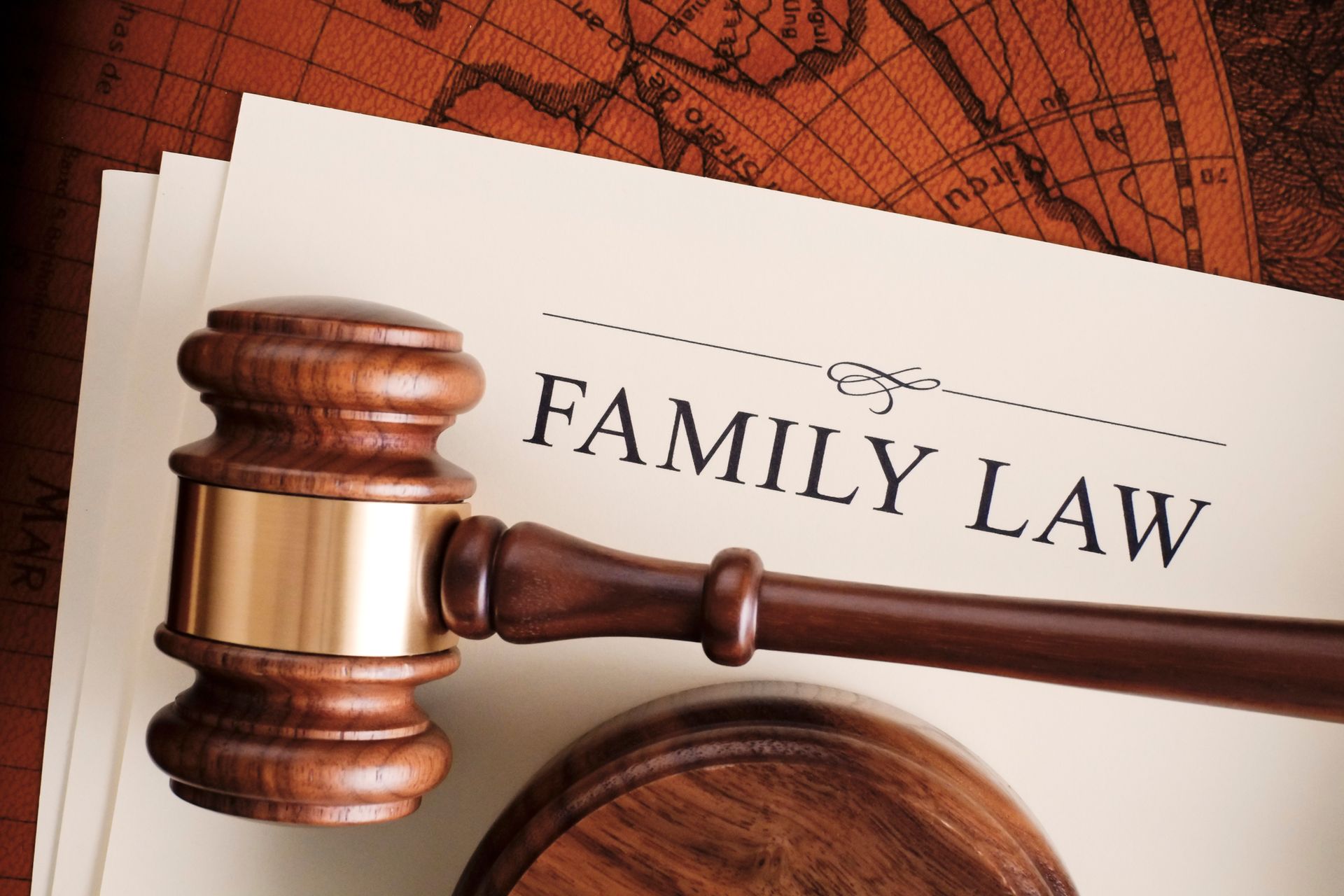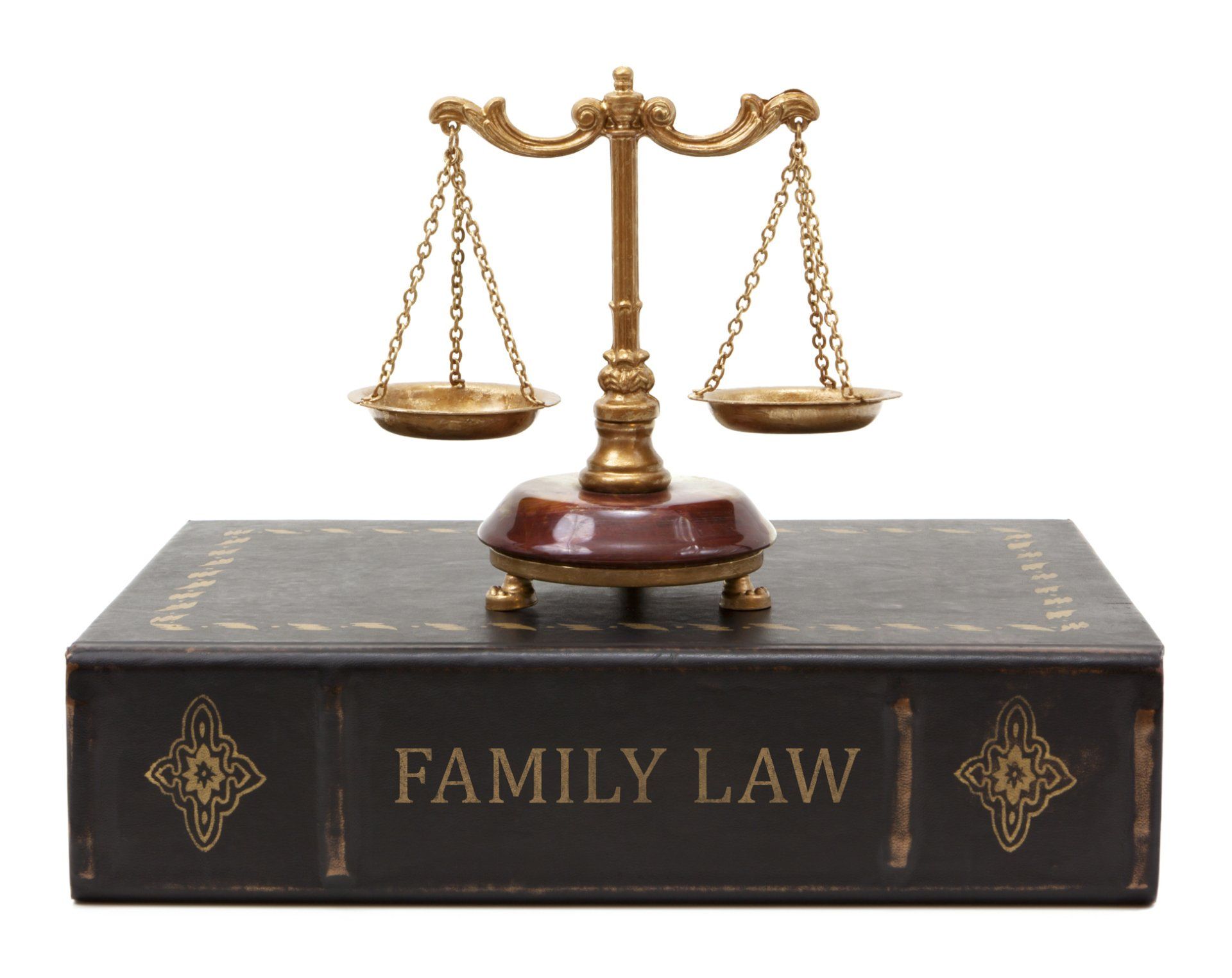Understanding and Calculating Alimony in Wisconsin
Learn more about how judges decide the type, duration, and amount of spousal maintenance in Wisconsin divorces.

Alimony (called spousal maintenance in Wisconsin) is a payment that one spouse provides to the other after a divorce. The purpose of spousal maintenance is to ensure that both spouses can maintain their marital standard of living after a divorce. It's not unusual for one spouse to forego working throughout the marriage to raise a family or contribute to the other's career, but in those cases, a divorce can equal financial devastation to a non-working spouse.
Types of Spousal Maintenance in Wisconsin
Judges in Wisconsin may award limited-term or indefinite spousal maintenance. Limited-term support (sometimes called rehabilitative support) is meant for cases where one spouse can potentially be self-supporting after the divorce but needs time and financial support to gain the education or skills necessary to find a job that will provide financial independence. Limited-term support is common in cases where one spouse left a job to raise the couple's children and, after the divorce, now needs support and time to become marketable in the workforce.
Judges will include an end date for maintenance in the final support order. If the recipient remains financially dependent at the deadline, the court may review the order to evaluate whether an extension is appropriate.
Indefinite spousal maintenance is most common in long-term marriages where one spouse's absence from the job market or advanced age makes it difficult or impossible to find employment. The purpose of indefinite support is to ensure that the needy spouse can remain financially stable, despite age, absence from the job market, or health issues preventing full-time employment.
Judges will include an end date for maintenance in the final support order. If the recipient remains financially dependent at the deadline, the court may review the order to evaluate whether an extension is appropriate.
Spousal maintenance awards don't become effective until a judge finalizes the divorce and issues a support order. However, if you're going through the legal process and need help making ends meet, you can ask the judge to award temporary support. Temporary maintenance ends when the judge finalizes the divorce.
Whether support is limited or indefinite, it will terminate if either spouse dies or if the recipient of maintenance remarries. (Wis. Stat. § 767.59.)
Qualifying for Spousal Maintenance
Spousal maintenance awards in Wisconsin are gender-neutral, meaning either spouse can request support during the divorce process. However, a request does not guarantee a final award. First, the requesting spouse must demonstrate a need for support and that the other spouse can pay.
To determine need and ability, a judge will evaluate the following factors to determine the type, duration, and amount of maintenance:
- the length of the marriage
- the age and physical and emotional health of both spouses
- the property division in the divorce
- the educational level of each spouse at the time of marriage and at the time of the divorce
- the supported spouse's earning capacity, including educational background, training, employment skills, work experience, length of absence from the job market, custodial responsibilities for children, and the time and expense necessary to acquire education and training to find employment
- the feasibility that the supported spouse can become self-supporting and obtain a standard of living comparable to that of the marital standard of living
- tax consequences to each spouse
- any mutual agreements between the spouses before or during the marriage
- whether either spouse contributed to the other's education, training, or increased earning power, and
- any other factor the court determines is relevant to the case. (Wis. Stat. § 767.56.)
If the couple has minor children, the court must also consider any child support award when deciding the final spousal maintenance order. (Besaw v. Besaw, 89 Wis. 2d 509, 279 N.W.2d 192.)
A common misconception in Wisconsin is that the judge will consider marital misconduct during the evaluation for spousal maintenance. Although adultery, abuse, or other harmful behaviors may have caused your relationship's demise, the goal of support is for both spouses to remain financially stable and not to punish either spouse for misconduct during the marriage. Thus, the laws in Wisconsin prohibit a judge from considering fault when deciding spousal maintenance. (Dixon v. Dixon, 107 Wis. 2d 492, 319 N.W.2d 846.)
Family Support
If a divorcing couple has minor children, then child support will likely be part of the divorce process. If a spouse requests spousal maintenance and is also entitled to child support as a custodial parent, the court may order "family support." Family support combines the two payments—maintenance and child support—into one. Before creating a family support award, judges must follow the law for each type of support and calculate the two obligations separately. (Wis. Stat. § 767.531.)
Paying Maintenance
Most support orders require paying spouses to pay periodically (usually monthly), but if appropriate, the judge may ask a paying spouse to pay in lump-sum payments or by property transfer to a spouse.
The court may include an income withholding order, which directs the paying spouse's employer to withhold the money from the spouse's paycheck and forward it to the appropriate court agency. (Wis. Stat. § 767.57.)
Changing a Support Order
Unless the order states otherwise, either spouse can request a review or modification of a support order if the requesting spouse can prove there is a substantial change of circumstances that makes the existing order unfair or inappropriate. For example, if the paying spouse involuntarily loses a job, the court may adjust maintenance to reflect the new income. (Wis. Stat. 767.59.)
If you're paying support and request a review because your financial circumstances changed, you must continue to pay your existing support order until the judge says otherwise. Failure to comply with a court order can result in a show cause hearing, fines, bank seizures, or jail.
If you're not receiving your support payments, you can ask the judge to help you enforce the order by filing an official request with the court.
Maintenance and Taxes
When evaluating spousal maintenance, the court must consider the tax consequences to each spouse. (Wis. Stat. § 767.56 (1c)(g).) Until January 1, 2019, paying spouses could deduct maintenance payments from their income at the end of the tax year and the supported spouse reported and paid taxes on the income.
However, the 2017 Tax Cuts and Jobs Act eliminated the tax-deduction benefit and reporting requirements for maintenance agreements and/or orders finalized on or after January 1, 2019.
If you're unsure how the tax changes impact your bottom line, you should speak with an experienced family law attorney at Kaminski and Pozorski in Manitowoc.
















